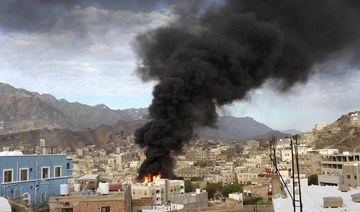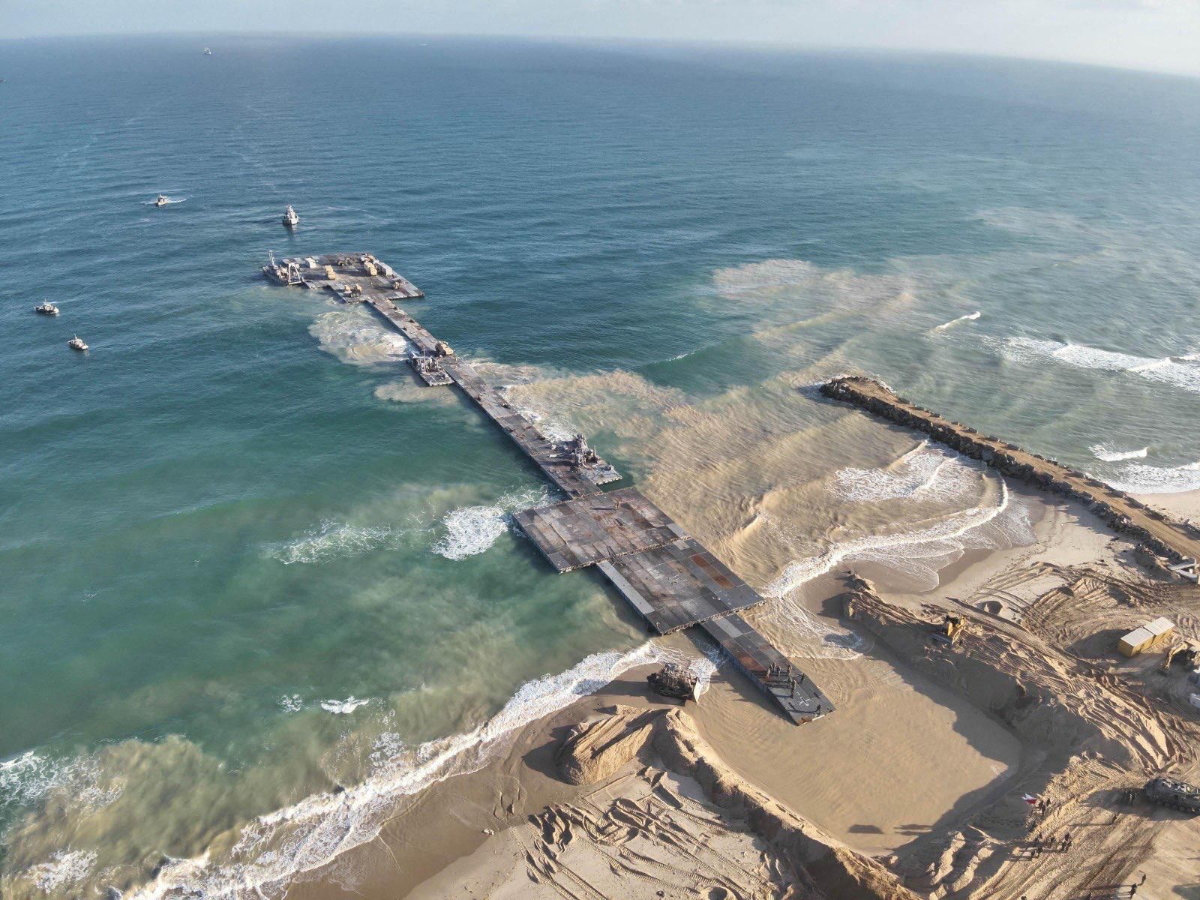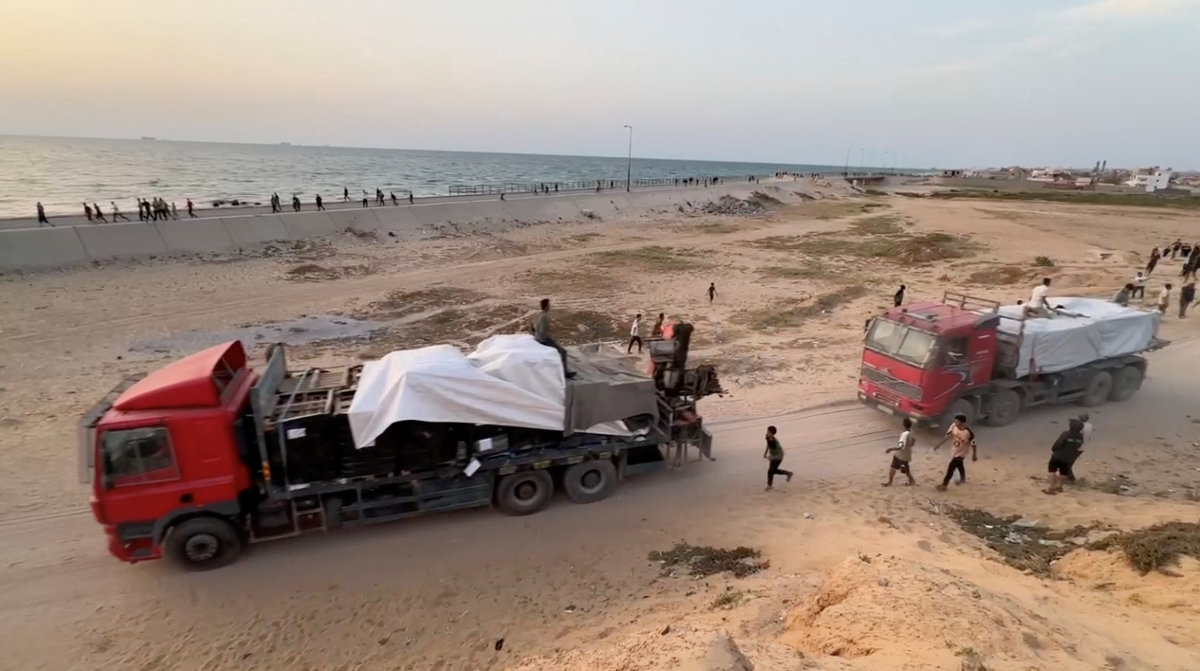AL-MUKALLA: The Iran-backed Houthis have agreed to allow the UN to empty the rusting Safer oil tanker in the Red Sea which threatened to cause a major catastrophic disaster, a leader from the terrorist group said.
After years of reluctance and unfulfilled promises, Mohammed Ali Al-Houthi, head of the Houthi movement’s supreme revolutionary committee, said on Saturday that they signed an agreement with the UN that would allow the international body to offload the floating tanker.
“A memorandum of understanding has been signed with the United Nations for the Safer tanker,” the Houthi leader said on Twitter.
In New York, Farhan Haq, a deputy spokesman for Secretary-General Antonio Guterres, told Arab News that the UN’s official resident in Yemen, David Gressly, is currently discussing the deal with the Houthis in Sanaa: “Discussions continue on the SAFER. David Gressley is in Sana’a right now, discussing the matter with the authorities there.”
Anchoring with its cargo of over 1 million barrels of crude oil off Yemen’s western city of Hodeidah, the four-decades-old floating tanker has not undergone regular upkeep since early 2015 when the Houthis tightened their grip on the country’s western coasts, prompting international engineers to flee the country.
The rust has eaten out parts of the tanker, allowing seawater to leak into the ship’s sections. Local and international organizations have long warned of a major environmental disaster in the Red Sea if the tanker exploded or leaked oil.
“The abandoned tanker, with its toxic cargo of crude oil, poses a grave threat to the communities and environment of the Red Sea,” Ahmed El-Droubi, campaigns manager at Greenpeace MENA, said in January.
Yemeni government officials believe that the Houthis are using the tanker as a bargaining chip to extract concessions from the Yemeni government and the international community. Local reports said that the Houthis are seeking to replace the decaying tanker with a new one and receive the cargo’s sales.
The internationally-recognized government of Yemen also demanded that the sales are used to pay government salaries in Houthi-controlled areas, warning that the Houthis would use the money to fund their deadly military operations across the country.
Separately, unidentified armed men kidnapped on Saturday two workers of the international medical organization Medecins Sans Frontieres in the southeastern province of Hadramout, the organization and media reports said.
In a brief email sent to Arab News, the charity confirmed it had lost contact with some of its staff in Yemen, without giving more details.
“Out of concern for the safety of our colleagues we cannot share more details at this point,” the organization said.
Local media said that the armed men set up an ambush for the workers in a desert area called Khoushem Al-Ain between Seiyun city and Al-Aber.
The Aden-based Al-Ayyam daily newspaper reported on Sunday that the armed men wore a military uniform and set up a fake checkpoint and asked the Yemeni and foreign workers to leave their car.
At nearly 6 a.m. on Saturday, the workers were blindfolded and taken on a pickup truck to an unidentified location in the desert, the paper said, adding that the Yemeni workers were released six hours later.
Local government officials did not respond to Arab News requests for comment.
Last month, suspected Al-Qaeda militants kidnapped five UN workers in the province of Abyan and are still holding them in a mountainous area in the province’s Moudea district.
Local tribal leaders and social dignitaries have failed to convince the kidnappers to release the workers as they insist on swapping them with militant prisoners in Aden. They are also demanding a ransom of hundreds of thousands of dollars.
A local official told Arab News last month that the militants threatened to execute the hostages if the army or security services attempted to use force to release them.























